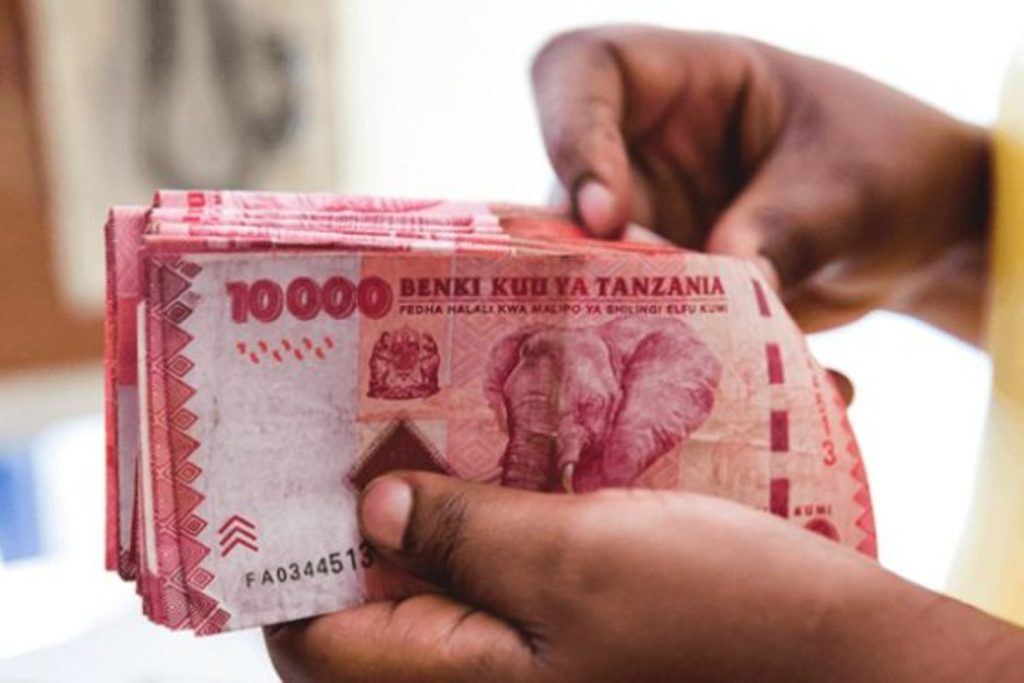Tanzania’s financial landscape has undergone a significant transformation, marked by a surge in financial inclusion from a mere 6 percent in 2017 to an impressive 76 percent in 2023, as per the FinScope Tanzania 2023 Survey. This remarkable progress has been driven mainly by the prevalence of mobile money services, accounting for an astounding 72 percent of financial inclusion. However, beneath this positive trajectory lies a concerning reality—nearly half of adults in the Singida region remain financially excluded, with 41 percent lacking access to any financial services, formal or informal. The size of the adult population in Tanzania is currently estimated at 34.1 million, equivalent to 55 percent of the country’s total population of 61.7 million, according to the 2022 National Population and Housing Census.
According to the report, the adoption of mobile money to access financial services showed the highest growth from 2017 to 2023 compared to other formal financial services. Tanzanian adults’ use of mobile money services reached 72 percent in 2023, marking a significant increase of 12 percentage points from the 2017 figure of 60 percent. The number of adults utilizing traditional banking services stands at 22 percent, being an increase of five percentage points from 17 percent in 2017. This growth is attributed mainly to the availability of banking services through mobile phones.
While Tanzania’s overall financial inclusion story inspires hope, the region’s disparities raise concerns. The survey identifies Singida, Kigoma, Simiyu, Kagera, and Rukwa as the five regions struggling with financial exclusion. Understanding the reasons behind this challenge is crucial to crafting effective solutions.
Abject poverty, limited formal education, and insufficient formal employment opportunities play a role in limiting the uptake of financial services in these regions. The 2023 survey highlights that many Tanzanian adults perceive legal and financial services as requiring a substantial initial income, further exacerbating the divide.
Apart from economic factors, poor telecom subscriptions and limited access to mobile phones hinder the adoption of mobile money services in these regions. Inadequate physical infrastructure and fewer mobile money agents impede access to financial services, making it difficult for those without mobile devices to utilize such facilities.
Addressing Challenges and Pursuing Solutions
Tanzanian policymakers recognize the urgency of addressing these discrepancies. Past surveys have informed the creation of Financial Inclusion Frameworks (FIFs) to tackle financial inclusion challenges. Building on this success, the FinScope Survey 2023 will serve as the foundation for FIF3, a consultative framework to enhance financial inclusion further.
While improving access is a significant achievement, the true impact of financial inclusion lies in its meaningful usage. Ensuring that digital payments, savings, and borrowing practices are leveraged effectively can transform the quality of life for individuals and communities.
Additionally, women must be paid special attention to ensure their empowerment and economic well-being. To drive financial services to the last mile, the government should invest in digital infrastructure and connectivity, particularly in rural areas. This would reduce the costs associated with financial services, fostering broader inclusion.
Moving forward, a broader view of “financial health” should be adopted to assess the true impact of financial inclusion efforts. A collective and holistic approach, driven by collaboration among policymakers, financial institutions, and communities, is vital to bridging the gap and achieving a financially inclusive Tanzania.
By crafting inclusive policies, addressing infrastructure limitations, and leveraging digital innovations, Tanzania can continue its journey toward equitable financial inclusion, unlocking the doors to shared prosperity for all its citizens.
Together, through concerted efforts and an unwavering commitment to financial health, Tanzania can embrace a future where every individual has the opportunity to thrive and participate in the nation’s economic growth and development.

